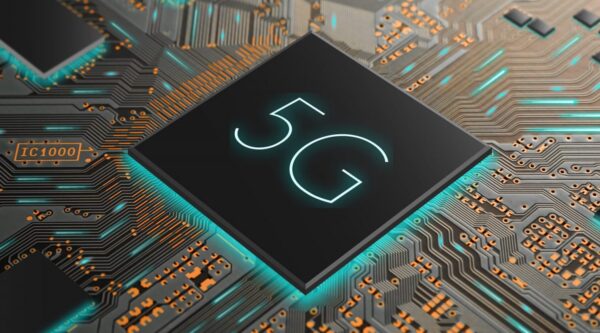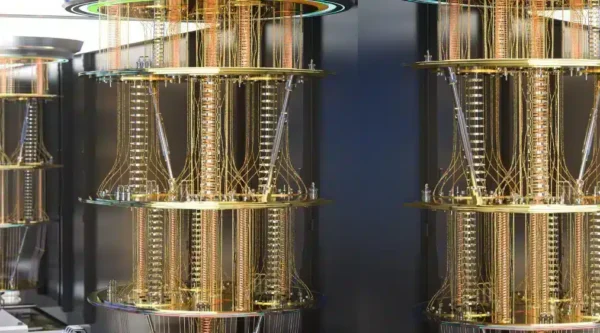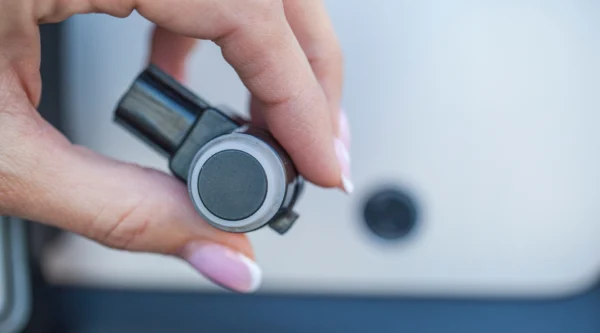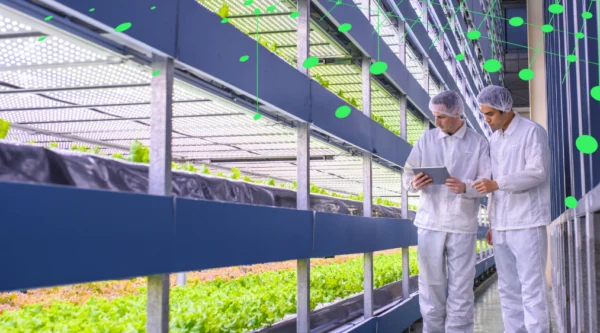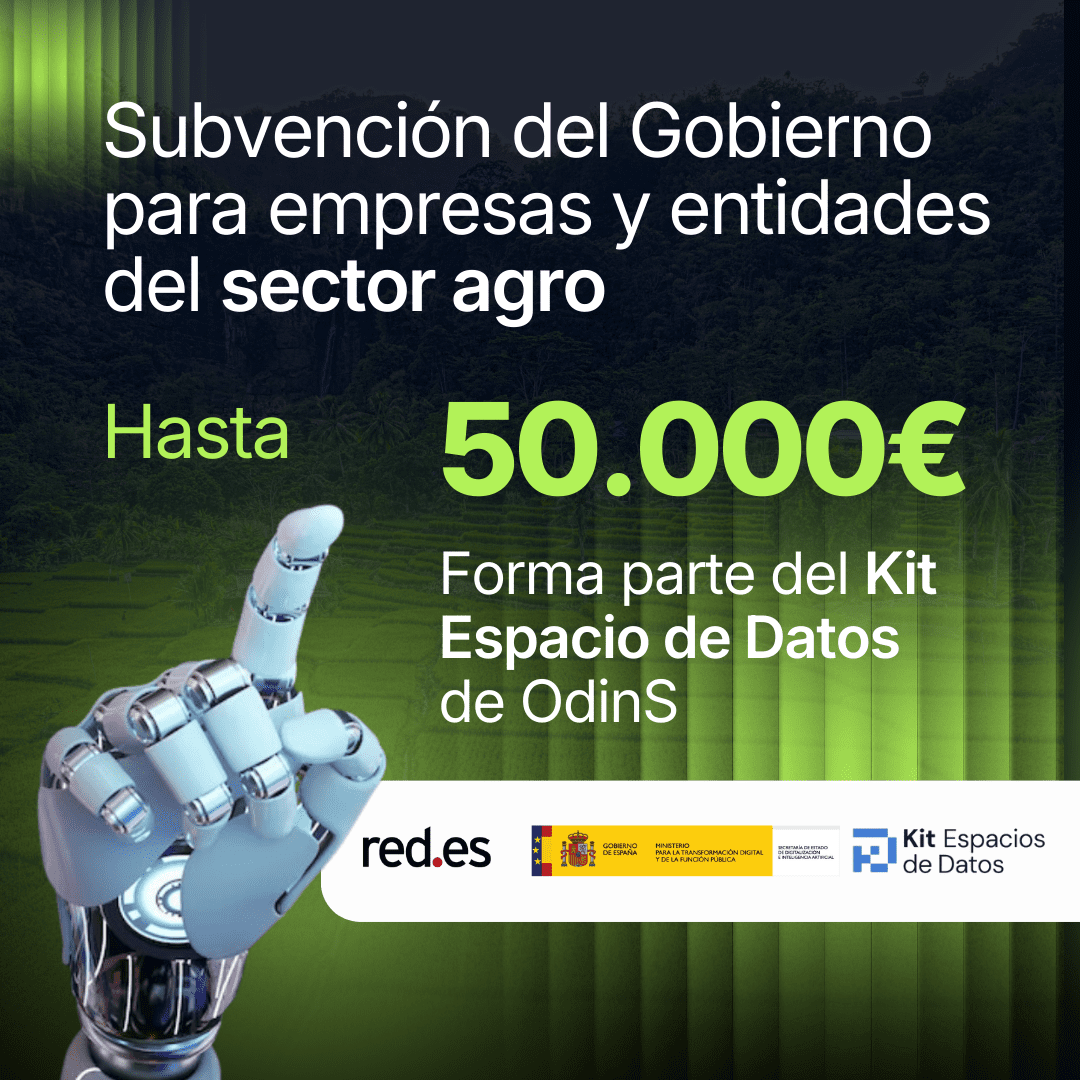Novel pest detection by integrating heterogenous IoT devices, onboard machine learning and NEMO Meta-OS functions for Smart
Farming & Precision Agriculture
Pests are a threat to food production worldwide. Their comprehensive management is key, minimizing the use of chemicals and promoting more environmentally friendly agricultural practices.
ODINS has developed WiDetect, a solution that uses augmented reality and artificial intelligence to detect different pest species in a crop and quantify their population. WiDetect is an innovative service that uses machine learning algorithms based on convolutional neural networks (CNNs) to automatically detect, classify, and quantify insects. All of this allows farmers to take preventive measures, serving as an effective decision-support system for efficient pest management. The WiDetect solution offers several advantages, including its low cost, lack of additional maintenance, good resolution (using the user’s smartphone or IoT camera), and its ability to operate offline without an internet connection.
In the NINEMO subproject, ODINS will extend and enhance its novel pest detection services on NEMO’s metaOS. Specifically, NINEMO will implement novel pest detection services by integrating heterogeneous devices (IoT Raspberry PI, Coral IA1 accelerator, Far-edge node, cloud platform, and smartphones), including embedded machine learning, and NEMO’s metaOS for the Smart Farming Living Lab. NINEMO will demonstrate and evaluate ODINS’ novel pest detection applications in the vertical use case of the NEMO Smart Farming Living Lab. NINEMO aims to improve and validate the performance and user acceptance of the ODINS pest detection solution, as well as drive the mass adoption and sustainability of NEMO in the smart farming business sector.
NINEMO’s proposal will leverage NEMO’s cross-functional capabilities and demonstrate MetaOS’s potential to meet very demanding requirements, such as:
- High device heterogeneity: low-capacity IoT devices, AI accelerators, low-power cameras, smartphones, far-edge nodes, and cloud platforms.
- On-device machine learning to process images on local devices.
- Optimize low latency for local image analysis and reduce high bandwidth without sending images to the cloud platform.
- Increase energy efficiency and reduce the energy footprint of distributed Widetect systems through the MetaOS computing continuum.
This project has received funding from the European Union’s Horizon Europe research and innovation program under Grant Agreement No 101070118 in NEMO MetaOS opencall, HORIZON-CL4-2021-DATA-01-05.


